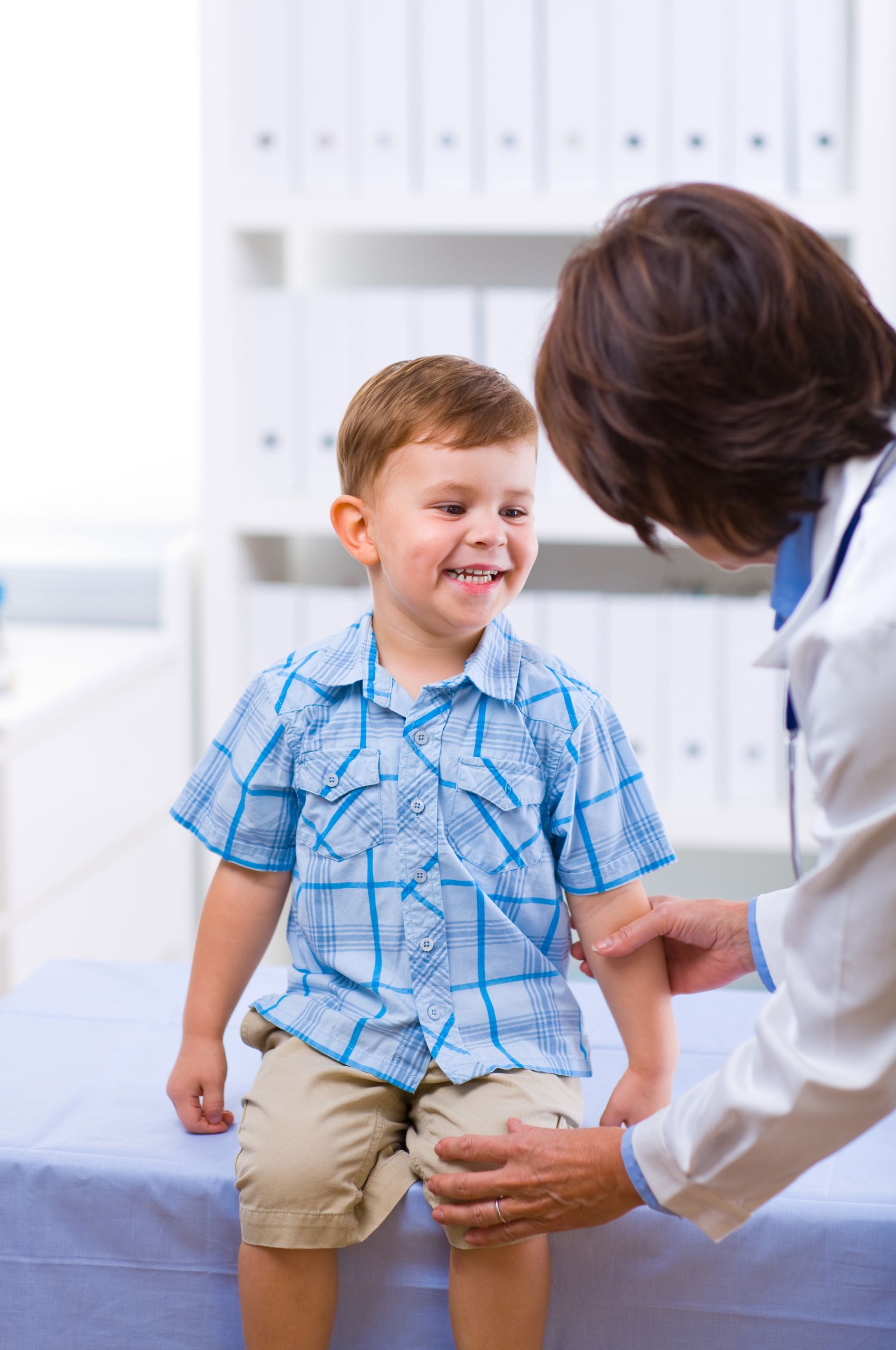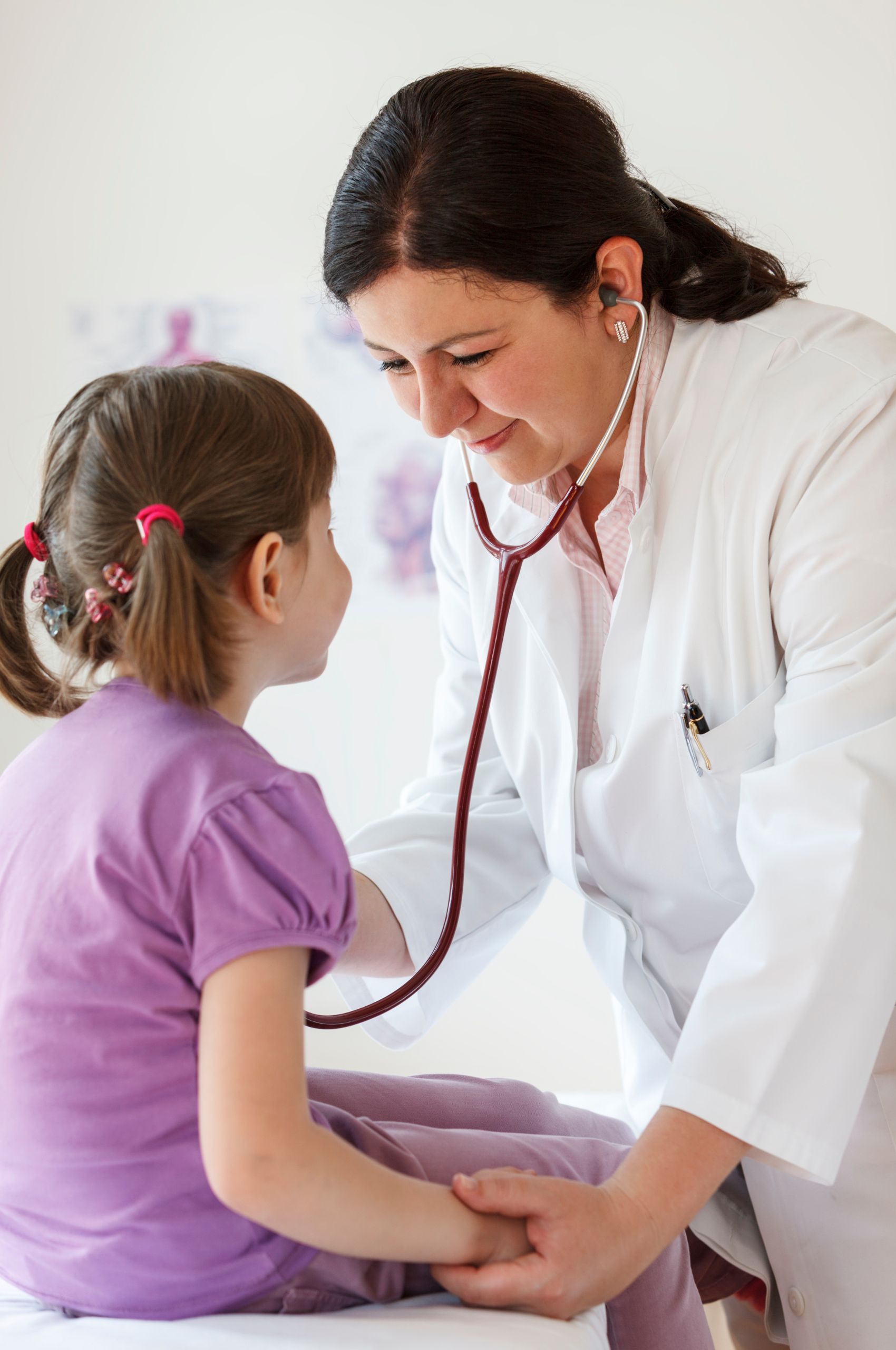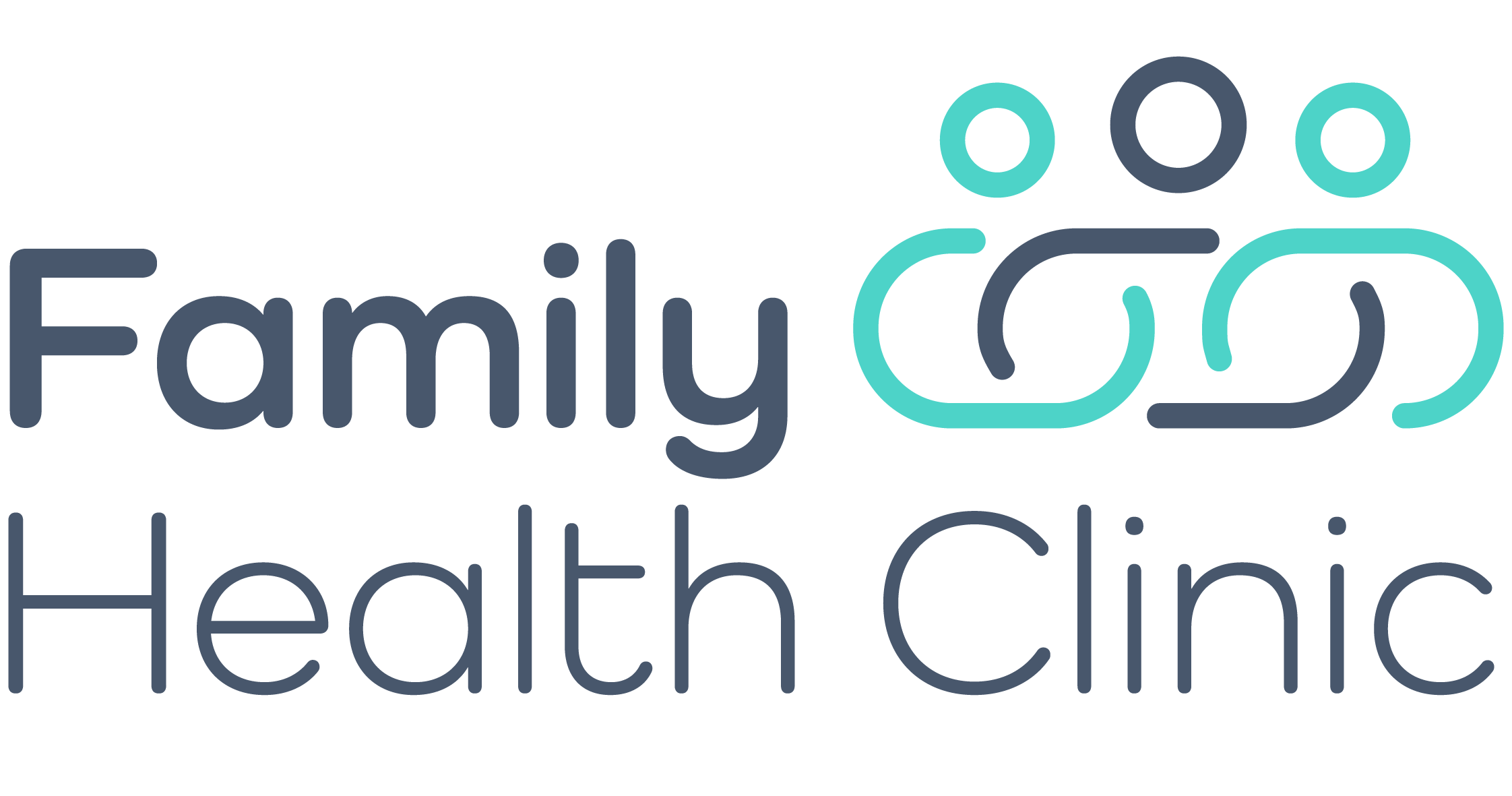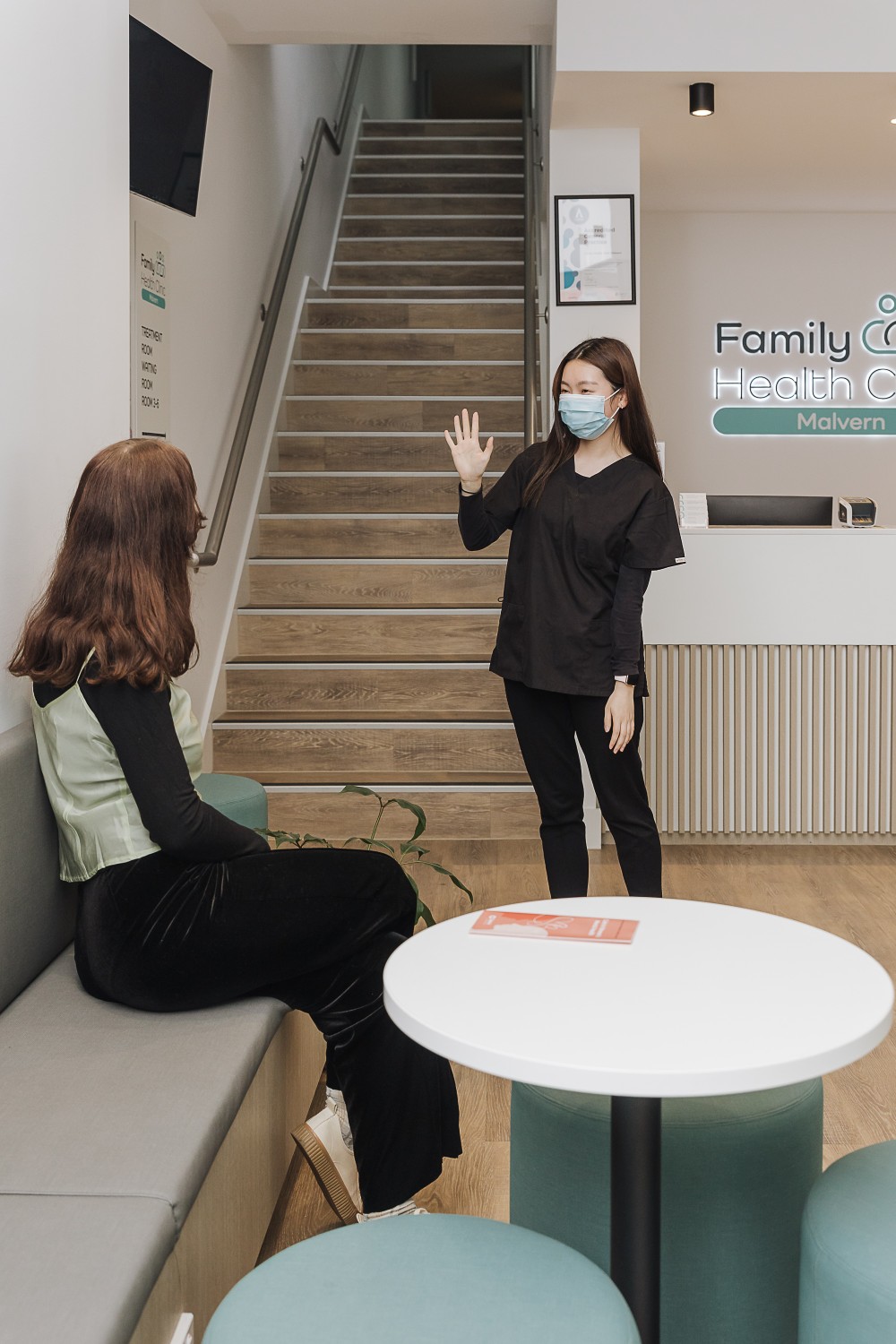Child and Adolscent Health
We are here to support your most precious young family members. There are many reasons your child may need to visit a GP: viruses, skin ailments, diet and growth concerns, immunisations, fevers, infections, chronic illnesses, injuries and more. Our gentle practitioners are skilled at handling these issues as swiftly and thoroughly as possible for the benefit of the child and caregiver. Years of expertise in child health inform our GPs to ask the right questions and reach a diagnosis or solution as needed.
What to expect...
Make an Appointment
Book an appointment that work for you
Talk to us
Chat to your GP about your health concerns.
Make a plan
We will develop a plan and offer recommendations.
Follow up
Execute plan, track your progress and achieve wellness.
Seek help today. Make an appointment to speak to us.

family Support
Family Health Clinic Malvern is dedicated to providing your child with the highest standard of care! From our state-of-the-art facilities to our expert medical team, we strive to make every moment of your child’s healthcare journey a comfortable and positive experience. Let us help your child reach their full potential – book an appointment with us today!
New Patients Welcome
Our doctors have a natural ability to quickly build trust with babies, children and teenagers to help them through illness, injury or other health issues. We welcome new and existing patients to visit our GPs for a consultation.
Our Practitioners...
Mia Doumias
Mia is a Clinical Psychologist with extensive experience in private practice using a variety of clinical interventions including Cognitive Behavioural Therapy, Dialectical Behaviour Therapy, Acceptance & Commitment Therapy, Interpersonal Therapy,
Dr Suzana Kareva
Dr Suzana is an experienced Australian-trained GP and RACGP member since 2008. She has a friendly, caring, and thorough approach. While she enjoys and practices all aspects of family medicine,
Dr Reshma Simon Varghese
My interests extends to child and adolescent mental health, utilising evidence-based practices, and engaging collaboratively with families to address a broad spectrum of social-emotional challenges such as anxiety disorders, mood
Frequently asked questions...
The National Immunisation Program provides the routine childhood immunisations recommended for all children in Australia, free of charge. This helps to protect them from the most severe childhood infections, some of which may threaten their lives.
At Birth, the child receives the Hepatitis B vaccine
2 months(from 6 weeks) and 4 months the child would receive :
Infanrix hexa (Diphtheria-tetanus-pertussis,poliomyelitis-hepatitis BHaemophilus influenzae type b); Prevenar 13 (Pneumococcal); and oral Rotarix ( Rotavirus)
At 6 months: Infanrix hexa
At 12 months: Priorix or M-M-R-II (Measles-mumps-rubella); Nimenrix (Meningococcal
ACWY); Prevenar 13 (Pneumococcal).
At 18 months: PriorixTetra or ProQuad (Measles-mumps-rubella-varicella); Infanrix or
Tripacel (Diphtheria-tetanus-pertussis); ActHIB (Haemophilus influenzae type b).
At 4 Year of age: Infanrix IPV or Quadracel (Diphtheria-tetanus- pertussis-poliomyelitis).
Influenza can be severe for young children. Yearly influenza immunisation is accessible through the NIP for all children aged 6 months to less than 5 years and for people with certain medical conditions that make them more likely to get severe influenza.
For infants aged < 6 months of age, 3 primary doses of Bexsero (4CMenB) plus a booster at age 12 months are recommended. The first dose of 4CMenB may be administered as early as 6 weeks of age to align with the National Immunisation Program infant schedule. For older infants, adolescents and adults whom the vaccine is recommended for, the dosing schedule varies based on the age of the first dose.
Children develop many skills in their early years of life. These skills include the development of:
speech and language,
motor skills,
self-help,
play,
social skills, and
problem-solving.
Developmental delay describes when a child is developing skills more slowly than other children in the same age group. When more than one area of development is affected, the term Global Development Delay may be used. All children with developmental delay still have the potential to learn and develop. There are many services that can assess and support children with developmental delay.
Your child has a fever when their temperature reads above 38°C on a thermometer.
Your child may also be unwell and hot to touch, irritable or crying, more sleepy than usual
vomiting or refusing to drink, shivering or in pain.
Fevers are common in children;
A fever itself rarely causes harm and can help fight an infection;
If your child seems well and is happy, there is no need to treat a fever;
If your child is under three months and has a fever above 38°C, take them to the doctor, even if they have no other symptoms;
Take your child to the doctor if they seem to be getting worse or have a prolonged fever.
Young people are neither overgrown children nor mini-adults. The period of adolescence is characterised by its own set of health issues and a unique developmental context that produces health issues specific to this time of life. In particular:
•The causes of ill health in young people are primarily psychosocial rather than biological •Young people often engage in behaviours that present risks to their health but reflect the adolescent developmental processes of experimentation and exploration
•Young people often lack awareness of the harm associated with risk-taking behaviours and do not yet have the skills to protect themselves
•Young people lack knowledge about how and where to seek help for their health concerns •Developmental difficulties and conditions related to pubertal growth commonly occur in adolescence




